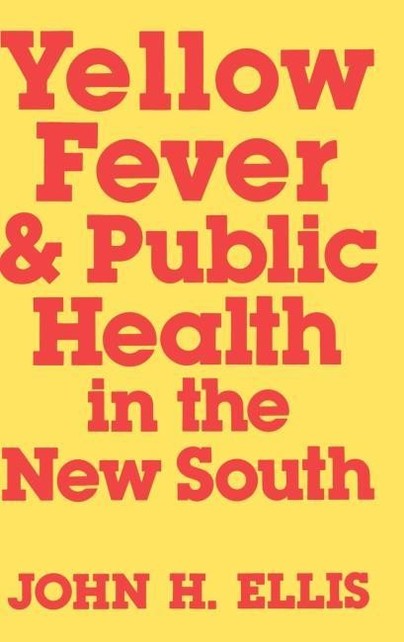Yellow Fever and Public Health in the New South (Hardback)
Imprint: University Press of Kentucky
Pages: 248
Illustrations: 8 illustrations, 4 tables
ISBN: 9780813117812
Published: 18th March 1992
Script Academic & Professional
Pages: 248
Illustrations: 8 illustrations, 4 tables
ISBN: 9780813117812
Published: 18th March 1992
Script Academic & Professional
This book will be reprinted and your order will be released in due course.
You'll be £32.00 closer to your next £10.00 credit when you purchase Yellow Fever and Public Health in the New South. What's this?
+£4.99 UK Delivery or free UK delivery if order is over £40
(click here for international delivery rates)
Need a currency converter? Check XE.com for live rates
(click here for international delivery rates)
Need a currency converter? Check XE.com for live rates
The public health movement in the South began in the wake of a yellow fever epidemic that devastated the lower Mississippi Valley in 1878--a disaster that caused 20,000 deaths and financial losses of nearly $200 million. The full scale of the epidemic and the tentative, troubled southern response to it are for the first time fully examined by John Ellis in this new book.
At the national level, southern congressional leaders fought to establish a strong federal health agency, but they were defeated by the young American Public Health Association, which defended states' rights. Local responses and results were mixed. In New Orleans, business and professional men, reacting to the denunciation of the city as the nation's pesthole, organized in 1879 to improve drainage, garbage disposal, and water supplies through voluntary subscription. Their achievements were of necessity modest.
In Memphis--the city hardest hit by the epidemic--a new municipal government in 1879 helped form the first regional health organization and during the 1880s led the nation in sanitary improvements. In Atlanta, though it largely escaped the epidemic, the Constitution and some citizens called for health reform. Ironically their voices were drowned out by ritual invocation of local health mythology and by unabashed exploitation of the stigma of pestilence attached to New Orleans and Memphis. By 1890 Atlanta rivaled Charleston and Richmond for primacy in black mortality rates.
That the public health movement met with only limited success Ellis attributes to the prevailing atmosphere of opportunistic greed, overwhelming debt, economic instability, and inordinate political corruption. But the effort to combat a terrifying disease not fully understood did eventually produce changes and the vastly improved health systems of today.
Other titles in University Press of Kentucky...















